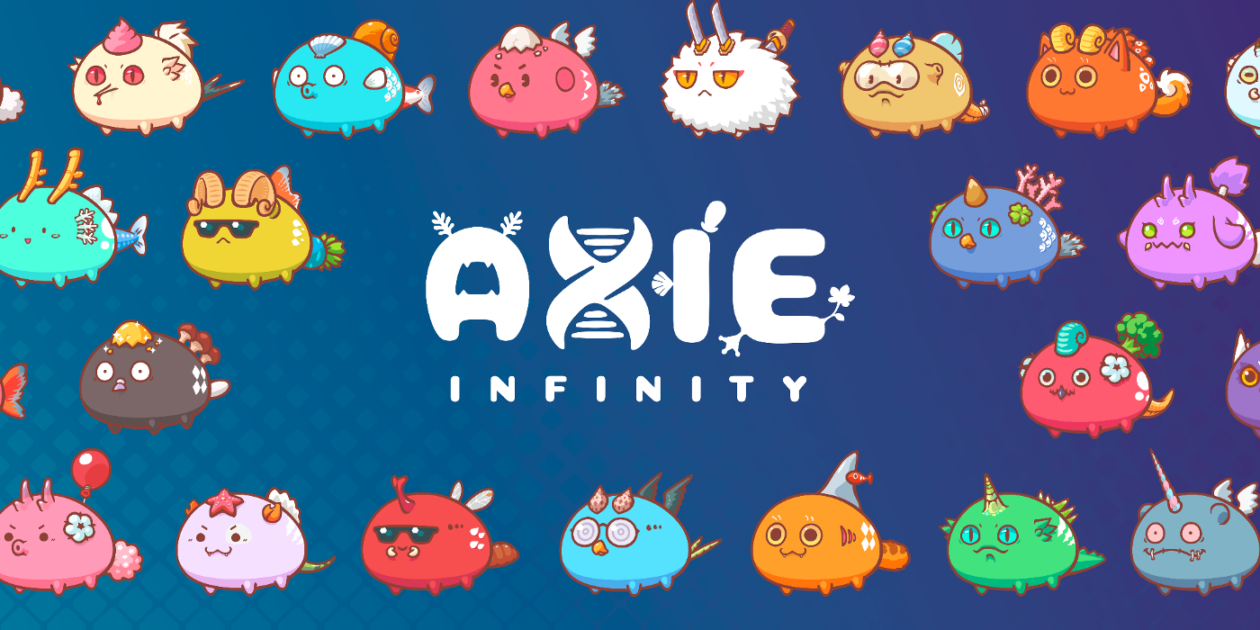With play-to-earn crypto games like Axie Infinity continuing to attract users, tax authorities in the Philippines are looking into taxing such blockchain-based game companies as well as the income earned by users on such platforms, according to a report by the Manila Bulletin.
Fast facts
- Philippines’ finance undersecretary Antonette C. Tionko said earnings from these gaming platforms are subject to income tax and users are required to report their earnings for taxation.
- The authorities are also looking to tax these gaming platforms. In particular, Tionko said the Department of Finance and Bureau of Internal Revenue are looking at Axie Infinity, which is not registered in the Philippines.
- Inspired by Pokémon, Axie Infinity is an online adventure game that allows users to earn crypto tokens. Players can obtain electronic pets called “Axies” by purchasing NFTs, and get more tokens through breeding, fighting and trading advanced pets’ NFTs. The earned tokens can be exchanged for fiat currency.
- According to Tionko, whether Axie can be classified as a currency or security is yet to be determined by the Securities and Exchange Commission and Bangko Sentral ng Pilipinas, the country’s central bank. Although clarity on tax classification will help define how the companies incomes are taxed, such platforms are subject to taxation, Tionko said.
- Axie Infinity was developed by Vietnam-based studio Sky Mavis, making it a non-resident foreign corporation in the Philippines. According to Tionko, Axie Infinity’s income from the Philippines should be locally taxable, and the BIR is looking at a system of registration for non-resident corporations so that it can demand such companies disclose earnings and pay due taxes.
- The Philippines is the largest market for Axie Infinity, with nearly 40% of its users located there. One of the fastest-growing Asian economies in 2019, the Philippines’ growth was halted in its tracks by Covid-19 and protracted lockdowns that pushed unemployment to 40% last year. As Filipinos struggled to survive, Axie Infinity soared in popularity among Filipinos of all ages – from teens to 75-year-old grandparents – not just as a source of entertainment, but also as a legitimate source of earning that can potentially change their lives.
- Filipinos now earn hundreds or thousands of dollars playing Axie Infinity, which not only helps them put food on the table and pay off debts, but also buy essentials like medicines, or achieve life goals such as buying land or a home. One Filipino Axie Infinity player earns some US$2,000 or 100,000 pesos per month, twice his regular monthly income, by putting in just an hour of play every day. Others earn around US$300 per month, nearly double the minimum wage of US$170 in the Philippines, while above-average players can rake in as much as US$20,000. For players who are primarily earning from Axie Infinity, the taxation could be a potentially big hit.
- One Axie Infinity player, who goes by the name of “Porky,” told Forkast.News that while he is willing to pay taxes, he does not know where to start. He said: “I have to pay taxes, but they [the government] should have a better implementation and guidelines. There are still some grey areas.” For instance, it is uncertain if earnings from Axie Infinity will be taxable only if the tokens are redeemed in pesos, or if all earnings from Axie will be taxed irrespective of whether they are redeemed in fiat currency, Porky said.





